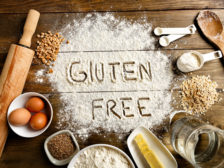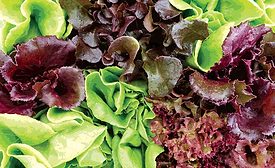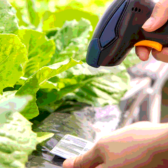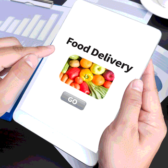Supply Chain
Food Safety Insights
2021: What Changes of the Past Year Are Likely to Stick?
February 26, 2021
Delivery
Is It Time for Third-Party Delivery Platforms to Help Make the Rules?
February 26, 2021
Never miss the latest news and trends driving the food safety industry
eNewsletter | Website | eMagazine
JOIN TODAY!Copyright ©2025. All Rights Reserved BNP Media.
Design, CMS, Hosting & Web Development :: ePublishing











